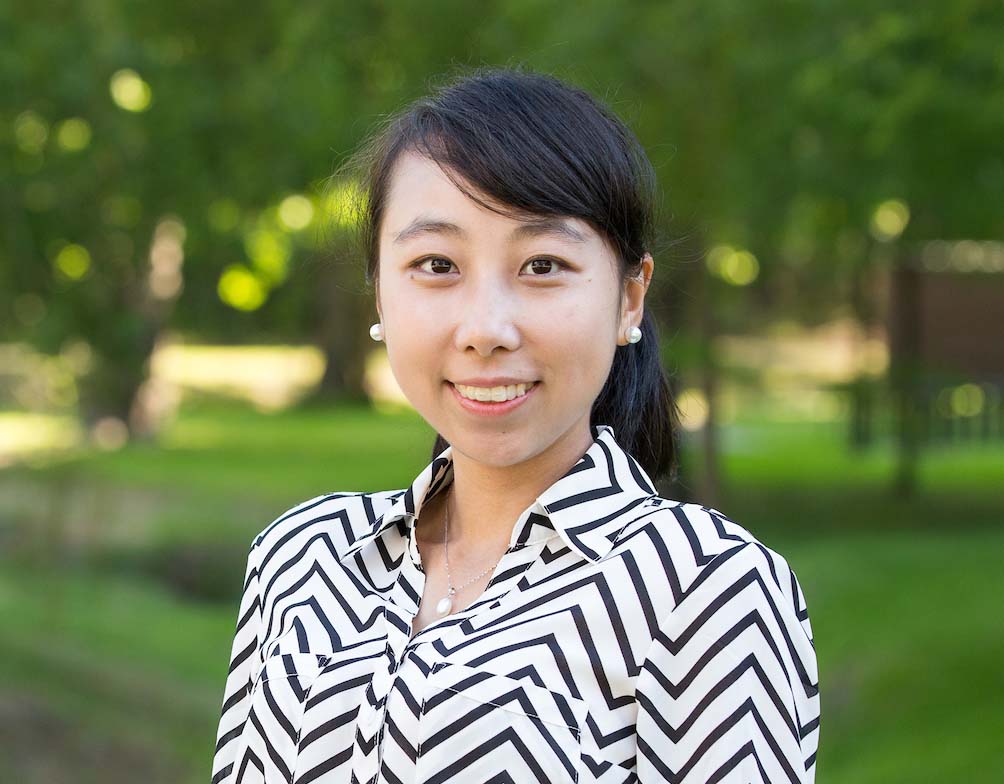Congratulations to Dr. Ruogu Fang, assistant professor, whose research titled, Deep Evolutionary Networks with Expedited Genetic Algorithms for Medical Image Denoising, was recently published in Medical Image Analysis.
Fang and researchers, Peng Liu, BME Ph.D. student; Mohammad D El Basha, BME Undergraduate senior student; Yangjunyi Li, BME mater’s student; and Yao Xiao, BME Ph.D. student, developed a genetic algorithm-based CNN evolution system to improve medical image denoising. This algorithm automatically constructs CNN’s that can effectively denoise a medical image containing complex and mixed noise types.
This work automatically selects the most suitable parameters to develop convolutional neural networks (CNN) able to denoise medical images. The noise in medical images produced from CT or MRI scans can cover or distort the actual image, making accurate diagnosis difficult. The global medical imaging market was worth $34 billion in 2016 and is projected to exceed $55 billion by 2025. CNN’s employ deep machine learning that mimics how the brain operates. These networks are useful for analyzing images primarily because of their ability to group images based on similarity and to recognize objects within them. The advantage of using CNN’s to denoise medical images is that they can learn hand engineered filters traditionally without relying on prior work or human input. Available CNN’s for medical image denoising require manual design based on empirical knowledge to eliminate a specific type of noise. However, those denoising algorithms take a long time to create and aren’t efficient due to noise type limitation.
